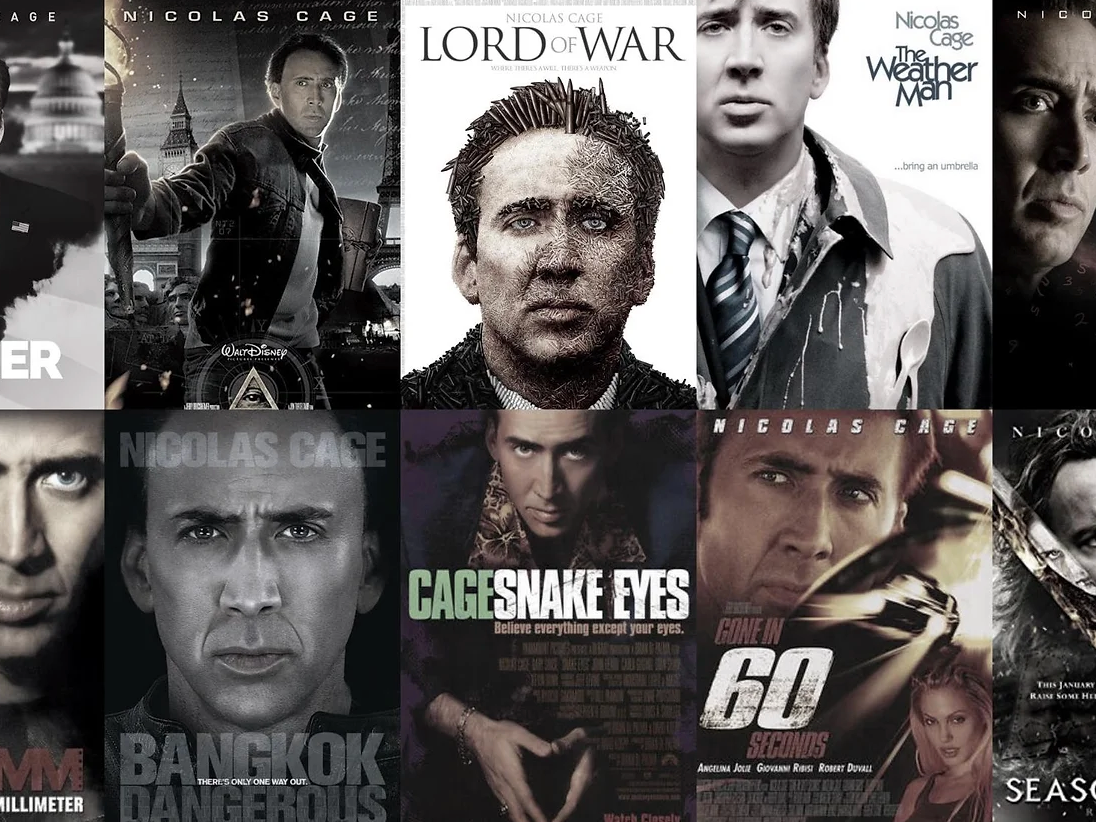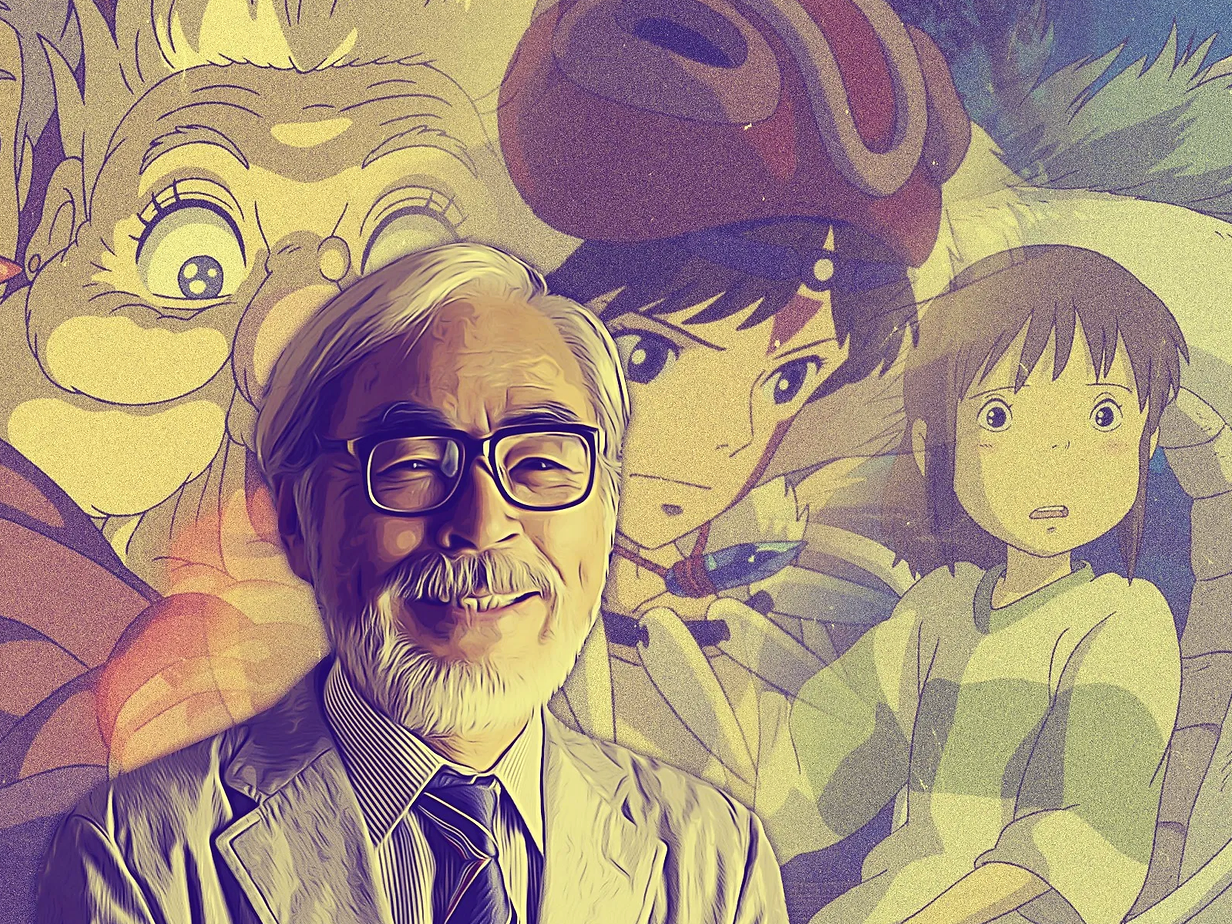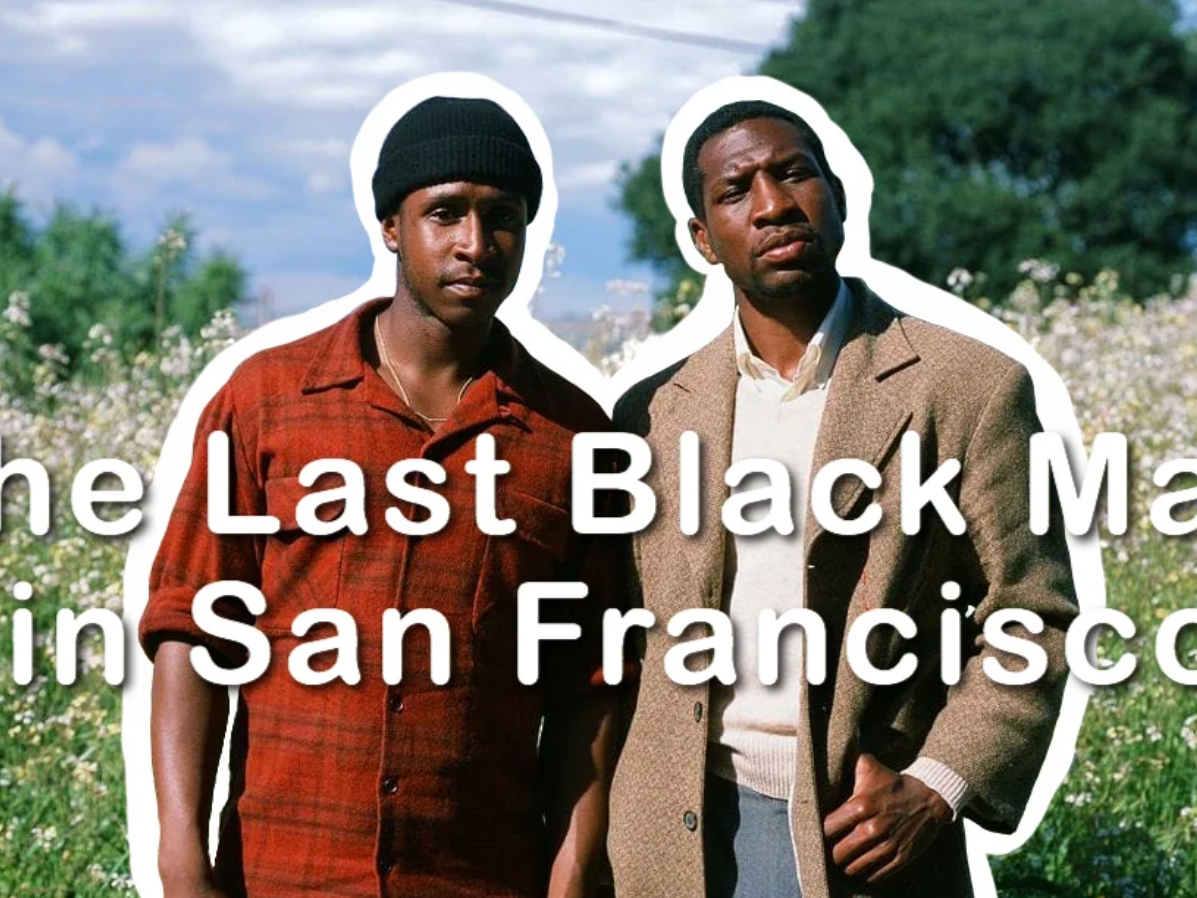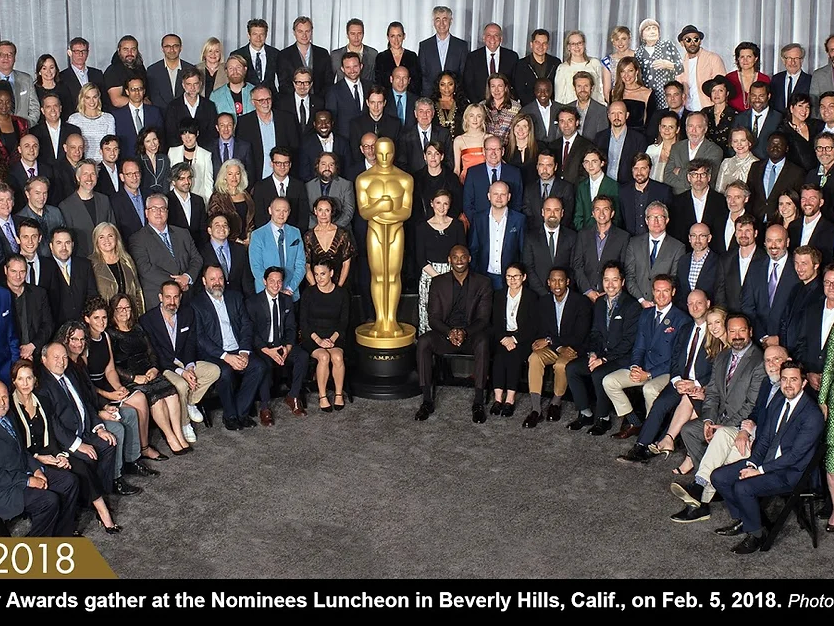When the Academy Awards began in 1929 almost over 90 years ago, the goal was to honor the artistic and technical merits of the film industry at the time. The voters are members of the Academy of Motion Picture Arts and Sciences and the intention behind the awards is to recognize excellence in cinematic achievements, but over time the award has lost prestige at accusations of commercialism and bias within the voting party who choose who the winners of the awards as well as who is nominated. Editor of filmsite.org Tim Dirks wrote that about the Academy Awards that “Unfortunately, the critical worth, artistic vision, cultural influence and innovative qualities of many films are not given the same voting weight. Especially since the 1980s, money-making ‘formula-made’ blockbusters with glossy production values have often been crowd-pleasing titans (and Best Picture winners), but they haven’t necessarily been great films with depth or critical acclaim by any measure.” The awards ceremony has also fallen under great criticism for lack of diversity in the winners and specifically drawing up other controversies in attempts at bringing in more viewers. It is a lot more viral for an award show to have issues and articles written about it than it is for all the predicted films to win and go off without a hitch; because of this and the other problems the Academy has had with not voting for the actual best film of the year and instead they are voting for what they think should win, fans and critics alike agree that many times the films that truly should have won Best Picture, have not. Some years the surprising event happens and a film deserving of the award beats the commercial film that the traditionally out-of-touch Academy voters think should win. This occasion that should be the standard is instead irregular.
Some of the biggest examples of an undeserving film winning Best Picture and one that is qualified to be dubbed the best film of the year losing are: when the 1998 Best Picture went to Shakespeare in Love over The Thin Red Line or Saving Private Ryan, 2005 where Crash won over Brokeback Mountain or Capote, or probably the most notable year 1990 when Driving Miss Daisy won over the not-even-nominated Do the Right Thing. The Academy voters are very fond of ignoring challenging and introspective films that deal with issues of race or gender in complicated ways that they are not comfortable with, instead, they lean towards the films that make them look good and do not challenge their established positions as strongly. Rather than a film that redefines the capabilities of cinema and pushes the boundaries of what film can do, they want to choose a film that paints Hollywood in a favorable light and has unambiguous feel-good endings that leave out the greater implications of the world around the characters who have their problems solved.
Last year at the 91st Academy Awards a film full of controversy followed the typical Academy formula and won Best Picture over seven other films and arguably two or three that truly deserved to win the award. Green Book won the award and provided plenty of frustration for the film communities who understand the deep-rooted issues of the film and of the industry that would give it one of their highest honors. Critics of the film point out the many controversies behind the actual production and release tied with the overall mediocrity of the finished product should have relegated it to being forgotten, but because of the strong campaign behind the film and its success at fitting into Academy voter’s box of a film that touches racism while still making them feel good, it would win the award. The film had strong performances from both Mahershala Ali and Viggo Mortensen, but the characters that they were portraying and the story that they were inside of were written as being flat and forced, a trait that was not shared with the moving and poignant films that should have won the award like Alfonso Cuarón’s Roma, Spike Lee’s BlacKkKlansman, or Yorgos Lanthimos’ The Favourite.
Another year that experienced similar frustrations with the winner was in 2012 where the 85th Academy Awards gave Best Picture to Argo, a competent and thrilling historical drama that detailed the CIA operation to rescue United States diplomats in the 1979-1981 Iran hostage crisis. In terms of true cinematic storytelling though, the film is shallow and forgetful. In a category with the likes of other films like Amour, Life of Pi, Lincoln, and Zero Dark Thirty, it is clear that one of the main reasons that Argo took home the award is because the invaluable hero of the film is Hollywood - a quality that is not shared in the other films. Overall the Academy prefers to give accolades to films that a lot of people enjoy, but not a film that a smaller amount of people love. The title of Best Picture is a farce when instead the film that wins is most relevant to Hollywood interests and does not disturb the waters too much. They want something that is widely acceptable enough that anyone can come and watch it, they do not want something to be even remotely alienable to their potential audiences.
A similar thing happened the year before at the 84th Academy Awards when The Artist took home Best Picture, beating out other films in the category like The Descendants or The Tree of Life. One of the two greatest contributors to this is that the film fawns over classical Hollywood and silent cinema, with the producers and directors calling it a love letter to cinema. It may be black-and-white and silent, but it toes the line of being palatable enough to gain admiration from the public while also tickling the fancy of the Academy voters who can give the film awards. The other major contributor to the film winning the award is the massive campaigning for the film that was done by Harvey Weinstein. Weinstein was notorious in this period for doing anything he could to push a film into the limelight and keep it there. Through massive press tours and screenings for guild and Academy members (as well as whisper campaigns trying to devalue the other films), Weinstein does just that. He really began this practice in the 1990s with films like Shakespeare in Love and The English Patient, and even though he was forced out of the Academy following allegations and charges of heinous sexual crimes, this tactic for pushing a film into the public conscious and the onto the Academy’s ballots remains. Had a film truly deserving of the title of Best Picture win that year, it would most certainly go to Terrence Malick’s artistic grand exploration of the notion of all existence in his film The Tree of Life. Malick’s film was personal, vivid, thematic, powerful, and more than anything it was engaging for anyone who watched it.
The year before this in 2010 at the 83rd Academy Awards the historical drama The King’s Speech took the award in a highly contentious year, beating out nine other films like 127 Hours, Black Swan, Inception, The Kids Are All Right, True Grit, Winter’s Bone, Toy Story 3, The Fighter, and The Social Network. Out of all the strong and compelling films to be nominated that year, it came down to a choice between Tom Hooper’s The King’s Speech and David Fincher’s The Social Network. The story of a sympathetic King George VI who you can root for to overcome their speech problem or the story of a driven tech genius bordering on the edge of sociopathy making his way to the top of the world. The former was compelling and had great performances from Colin Firth and Geoffrey Rush, but the latter was a true piece of cinematic storytelling created by true artists of their craft: cinematography by Jeff Cronenweth, music by Trent Reznor and Atticus Ross, script by Aaron Sorkin, and David Fincher in the director’s chair. The film seemed destined to win and by all insider accounts it was the predicted winner, but at the end of the day, it did not go home with that prize. Instead, the voters in the Academy chose the film that they believed had more “heart.” Academy voters want a film that makes them feel good and has questions answered, loose ends tied, and the main character to win. This comes with stipulations though, and unless that main character is redeemed and ends the film with some semblance of sympathy, they will not back it. And that is the reason that The Social Network did not win. Sorkin and Fincher do not embellish the story and make the character of Mark Zuckerberg more likable for the audience, they illustrate the story in a way that shows the depth of Zuckerberg’s character (or lack of). At the end of the day, voters did not want to lift up a well-crafted and complex feature of someone who is alienating and villainous, they want to praise the film and story that is heart-warming and has a hero who the whole audience can root for.
Other incredibly notable examples are in 1968 when Oliver! beat 1001: A Space Odyssey, 1985 when Out of Africa won over Ran, 2000 when Gladiator won over Crouching Tiger, Hidden Dragon, etc. But with a lot of examples of incredible films not taking home Best Picture, there are the years where this is not the case: Moonlight in 2016, 12 Years a Slave in 2013, Schindler’s List in 1993, etc. The Academy Awards are a mixed bag of what films are going to get the recognition they deserve and at this point, it is important to not view the awards as the be-all-end-all as to what films are good or not. The award show is just that, a show, designed to entertain the viewers and pat themselves on the back for doing their job that year. In order to gauge what films are noteworthy and powerful, they need to be looked at later when time and context have revealed who the real winners are.







